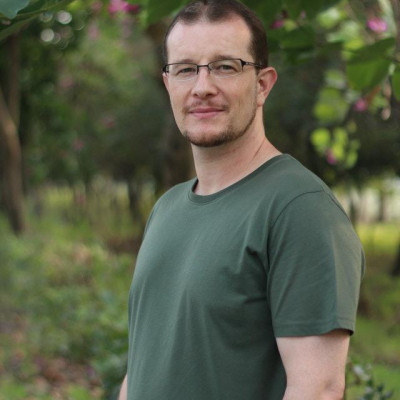Not Logged In
[Zoom] You need to be logged in, be a member, and get a ticket to attend this session.
Theoretical issues University Will be recorded
Atheists, agnostics and true believers: what instructors in a university extensive reading programme believe about about extensive reading
In this presentation I discuss what instructors involved in an extenisve reading programme believe about extensive reading. While much of the literature on extensive reading argues for the benefits of extensive reading (for example improved reading fluency, vocabulary acquisition and increased cultural knowledge), what instructors believe about the value of extensive reading may differ in several ways from this. Utilizing data taken from a focus group with six instructors who teach in a Freshman English course at a private university in central Taiwan that includes extensive reading as a programme component, findings reveal that teachers bring to bear a wide variety of beliefs regarding extensive reading; these include what I term 'atheism' (a lack of belief in the approach), 'agnosticism' (doubts about the efficacy of extensive reading) and 'true belief' (an acceptance that extensive reading is of benefit to L2 acquisition). Analysis of the data shows that such teacher beliefs are informed by previous experiences as an L2 reader, prior experience teaching reading and beliefs about the reading habits of students. This presentation makes the case that extensive reading programmes should allow instructors to adopt a variety of approaches to implementing extensive reading that are in keeping with individual teacher beliefs.
Recording of Session
-

I'm interested in extensive reading, especially investigating what instructors and learners believe about extensive reading and how these beliefs influence what instructors and learners do when it comes to extensive reading. `